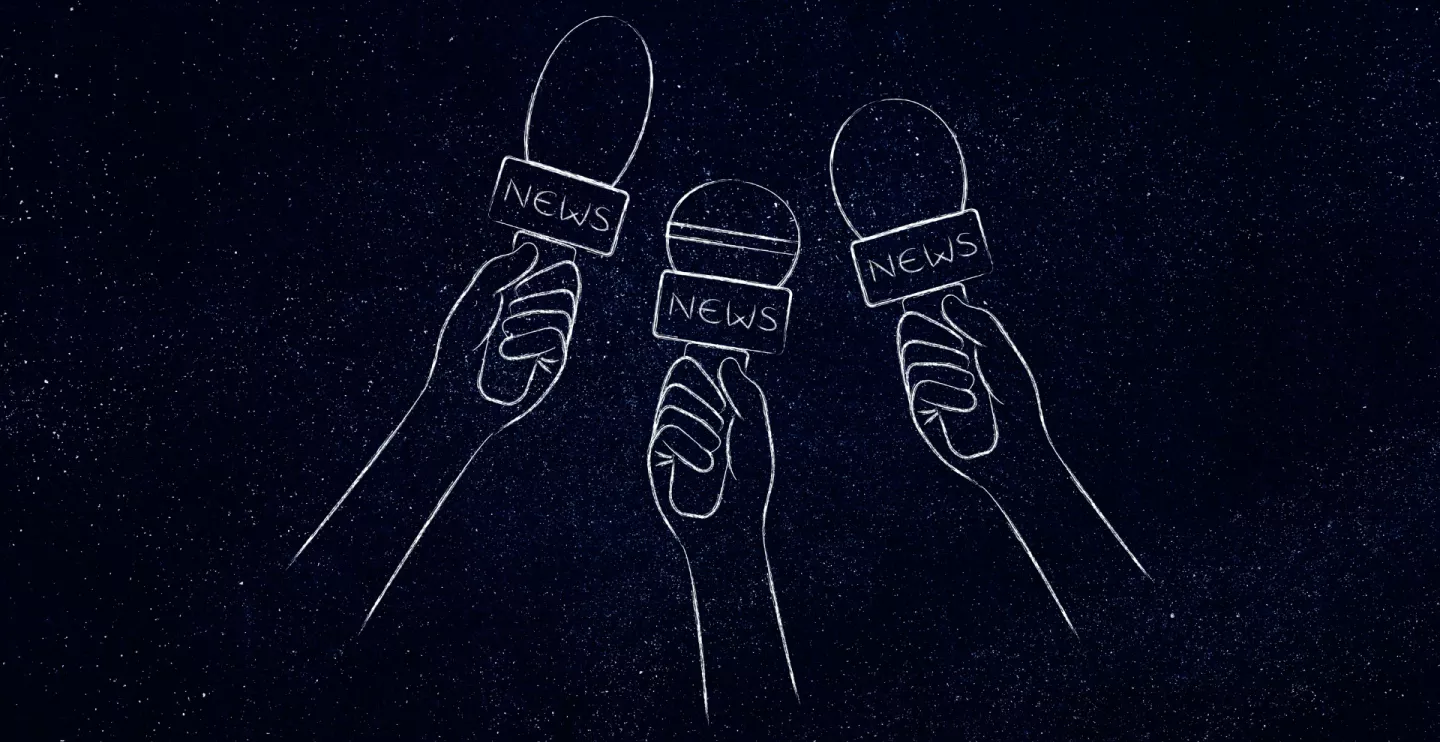Main navigation
Center in the News
In a new book, “Investing in Children’s Mental Health,” Raghavan and co-author UCLA health economist Daniel Eisenberg, make the case for a boost in government funding and new policies that support “social vaccines,” which address the health of children’s social ecology and everyday environments.
If you’re a journalist covering higher education in the U.S., you’ll likely be reporting this fall on what many healthcare professionals and researchers are calling a college student mental health crisis. Sara Abelson, a research assistant professor at Temple University’s medical school; Sarah Lipson, an associate professor at the Boston University School of Public Health; and Daniel Eisenberg, a professor of health policy and management at the University of California, Los Angeles’ School of Public Health, have been studying college student mental health for years.
Daniel Eisenberg, a health policy and management professor, said the pandemic contributed to a significant, but not massive, increase in mental illness diagnoses. "We see about twice as many students that are reporting symptoms of depression or anxiety, but there's also a positive trend to that," Eisenberg said. "Students are reporting that they're using mental health services, which typically includes therapy or medication, so that there is an expansion of access to health care.
Most epidemiological models have been restricted to infectious diseases, forecasting the spread of illnesses like malaria and COVID. But some researchers believe that it’s time to apply these tools to mental health services too. These scientists aim to create models to predict where issues like severe depression and suicide are most likely to crop up—and which interventions are most effective. By doing this, they hope to correct some of the mental health funding disparity.
Daniel Eisenberg, a professor at UCLA’s Fielding School of Public Health, said college is the place for people to challenge themselves and gain confidence as a result of success. “Up to a point, it seems like … having more of a growth mindset with respect to stress can actually lead to greater resilience and developmental growth,” Eisenberg said.
The rate of depression and anxiety has doubled among college students over the past decade, according to a Healthy Minds Study conducted in part by Daniel Eisenberg, Professor of Health Policy and Management at UCLA.
Mental health among young people is such a complex challenge, (and) the numbers of people struggling were already high before the pandemic,” Eisenberg said. “They’re even higher now and they will remain high.













